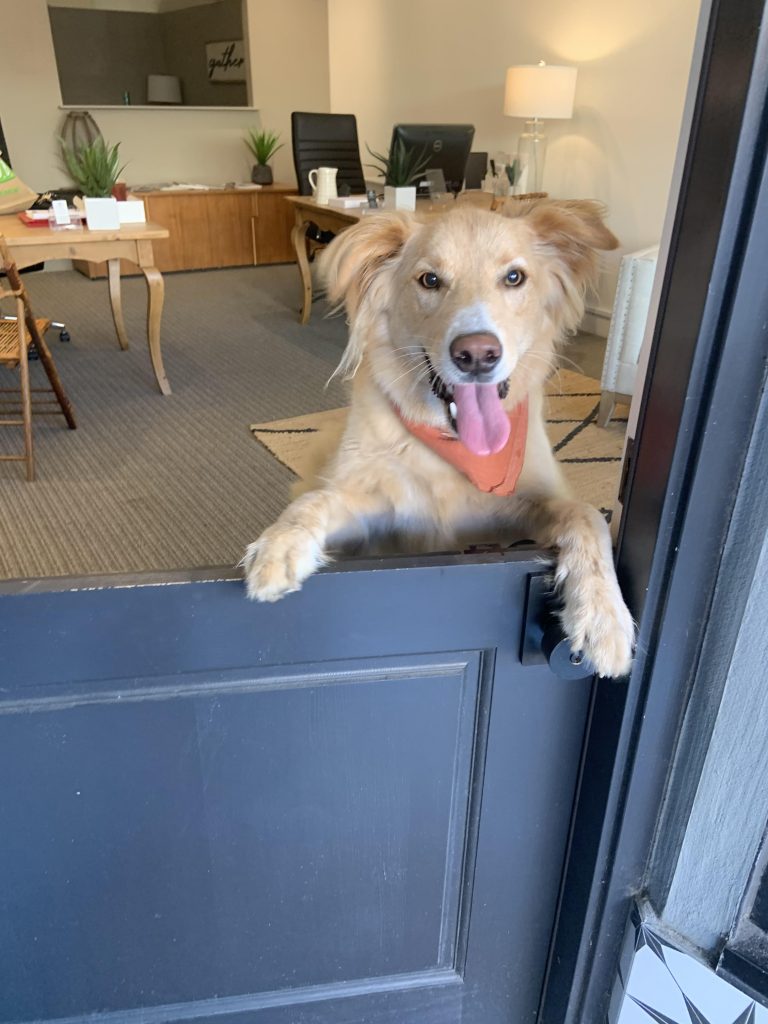Archie's Blog

HOLIDAY SAFETY FOR PETS - Poison Risks
Overindulging in the family feast can be unhealthy for humans, but even worse for pets: Fatty foods are hard for animals to digest. Poultry bones can damage your pet’s digestive tract. And holiday sweets can contain ingredients that are poisonous to pets.
- Keep the feast on the table—not under it. Eating turkey or turkey skin – sometimes even a small amount – can cause a life-threatening condition in pets known as pancreatitis. Fatty foods are hard for animals to digest, and many foods that are healthy for people are poisonous to pets – including onions, raisins and grapes. If you want to share a Thanksgiving treat with your pet, make or buy a treat that is made just for them.
- No pie or other desserts for your pooch. Chocolate can be harmful for pets, even though many dogs find it tempting and will sniff it out and eat it. The artificial sweetener called xylitol – commonly used in gum and sugar-free baked goods – also can be deadly if consumed by dogs or cats.
- Yeast dough can cause problems for pets, including painful gas and potentially dangerous bloating.
- Put the trash away where your pets can’t find it. A turkey carcass sitting out on the carving table, or left in a trash container that is open or easily opened, could be deadly to your family pet. Dispose of turkey carcasses and bones – and anything used to wrap or tie the meat, such as strings, bags and packaging – in a covered, tightly secured trash bag placed in a closed trash container outdoors (or behind a closed, locked door).
- Be careful with decorative plants. Don’t forget that some flowers and festive plants can be toxic to pets. These include amaryllis, Baby’s Breath, Sweet William, some ferns, hydrangeas and more. The ASPCA offers lists of plants that are toxic to both dogs and cats, but the safest route is simply to keep your pets away from all plants and table decorations.
- Quick action can save lives. If you believe your pet has been poisoned or eaten something it shouldn’t have, call your veterinarian or local veterinary emergency clinic immediately. You may also want to call the ASPCA Poison Control Hotline: 888-426-4435. Signs of pet distress include: sudden changes in behavior, depression, pain, vomiting, or diarrhea. Contact your veterinarian immediately.
Woof!
- Archie
_____________________________________________________ ૮ ・ﻌ・ა _____________________________________________________
Remember in warm weather you should only go for walks in the am or pm. Asphalt burns our pads. My vet says when it’s 70 degrees outside the ground can get up into the 90’s. When it’s 90 degrees outside the asphalt can get up to 150 degrees especially the black asphalt. Vets see more dogs with burnt pads during these times. Please let your moms and dads be aware of this!
Woof!
- Archie
_____________________________________________________ ૮ ・ﻌ・ა _____________________________________________________
Memorial Park San Anselmo update:Notice: This week, 10/9: Construction work in the parking lot will be done in phases to keep as much of the lot available for public use as possible during construction. They will be working on drainage issues as well. All of the other Memorial Park areas will be open during construction.
There was a rumor that they may close the entire field, but no closure yet. Thank goodness! My daily ball training is very important as is visiting my squad of buddies. I love them all!
Woof!
- Archie
